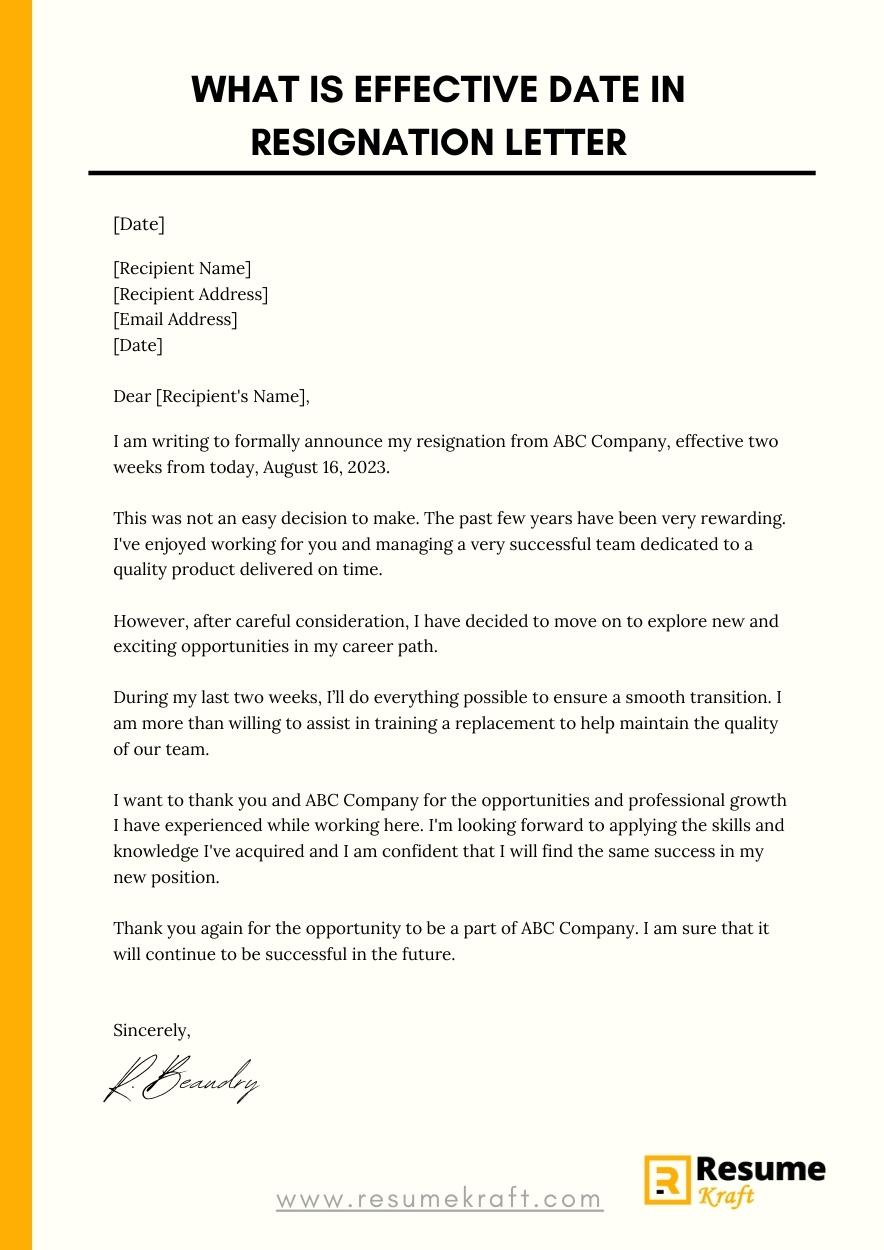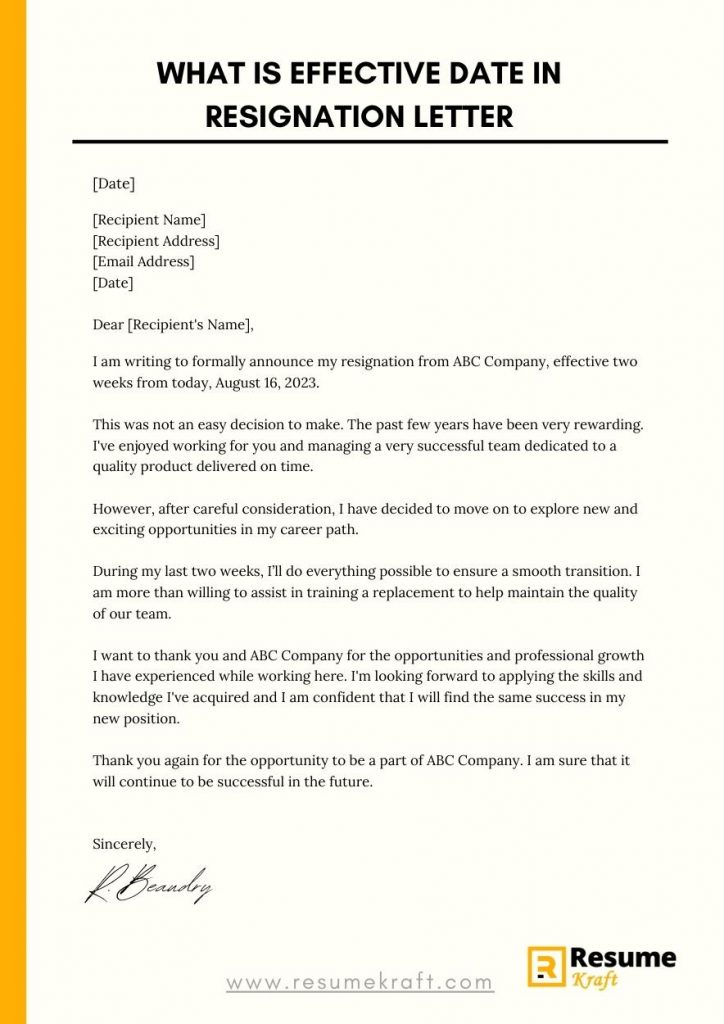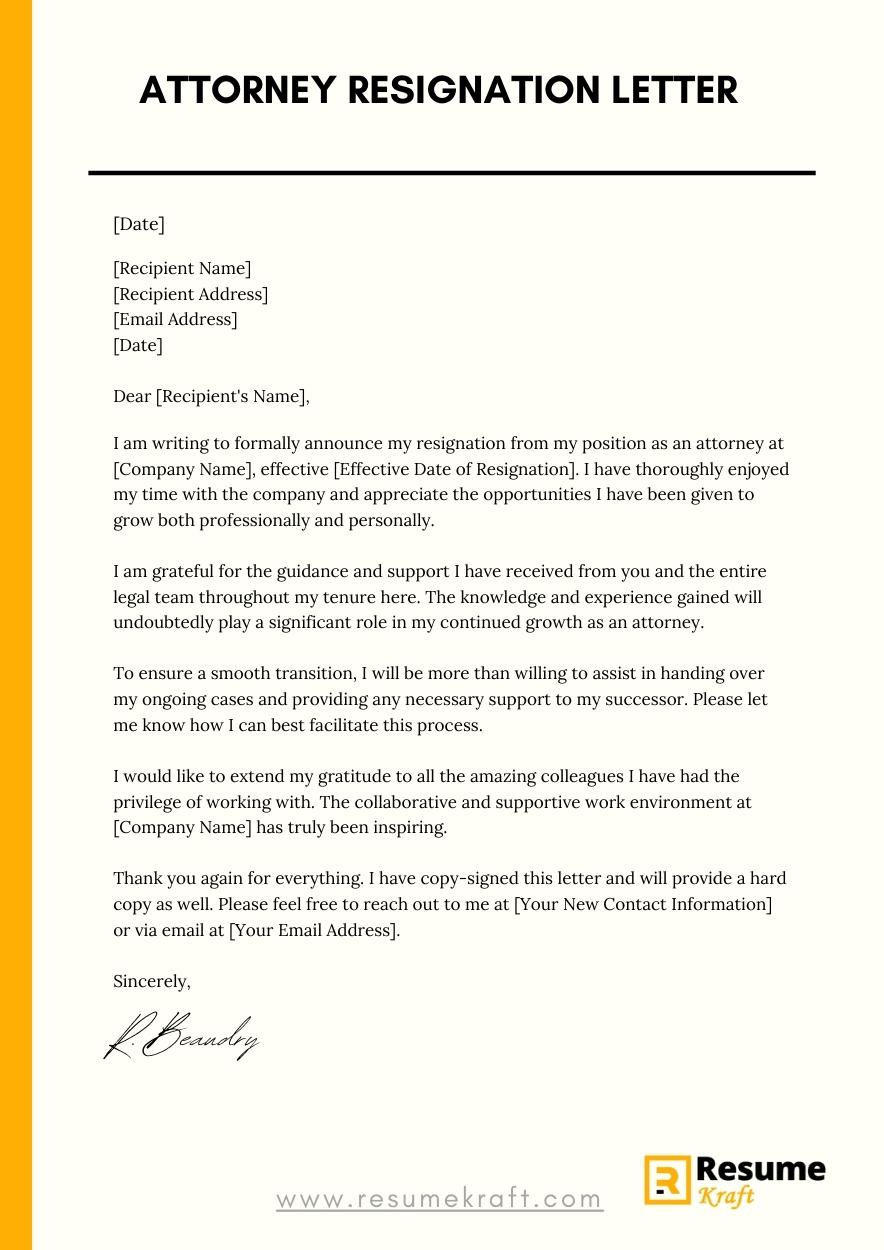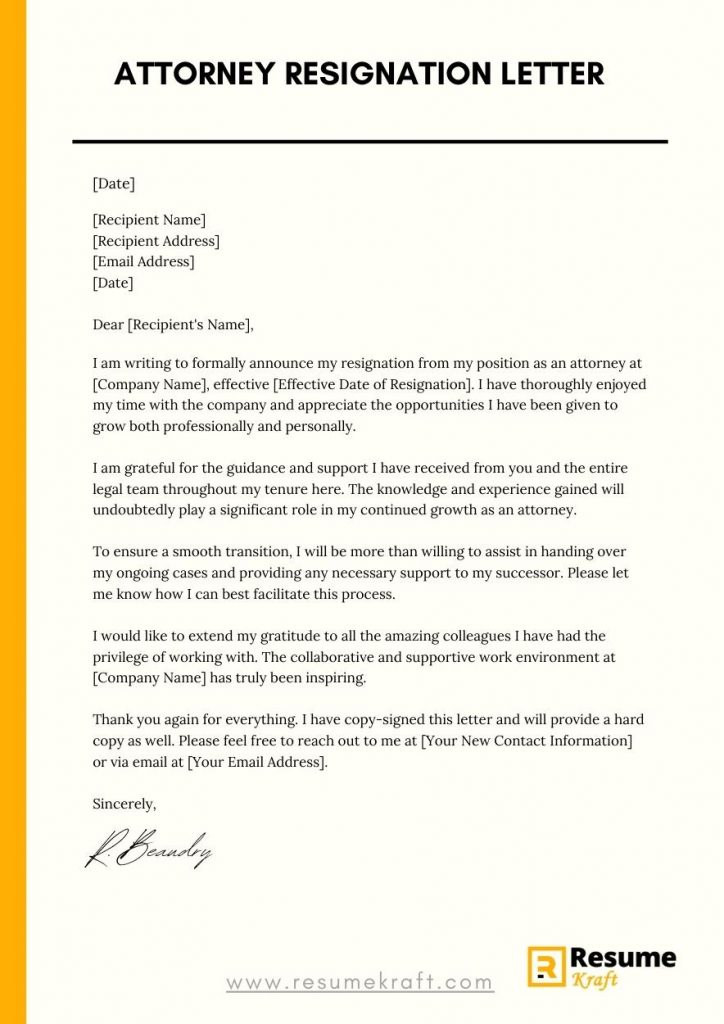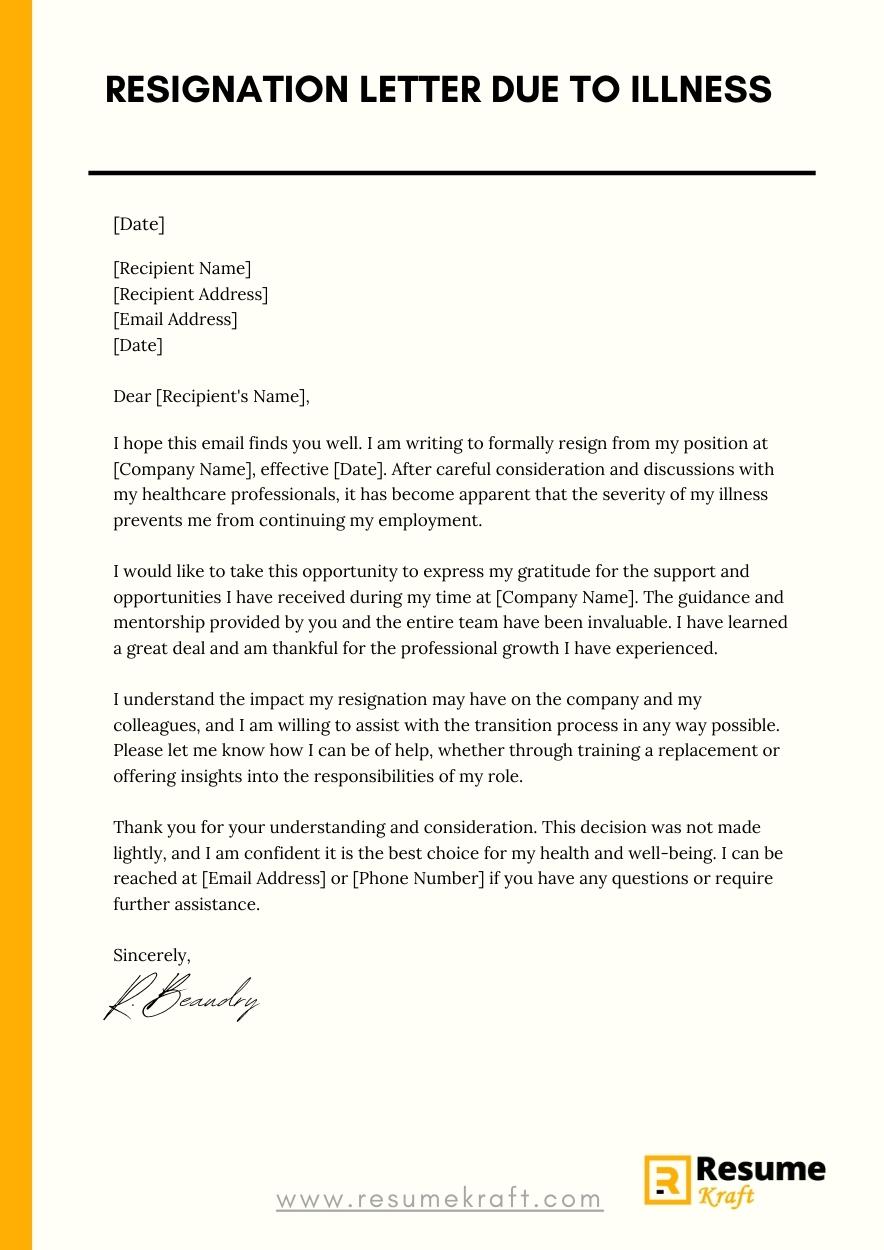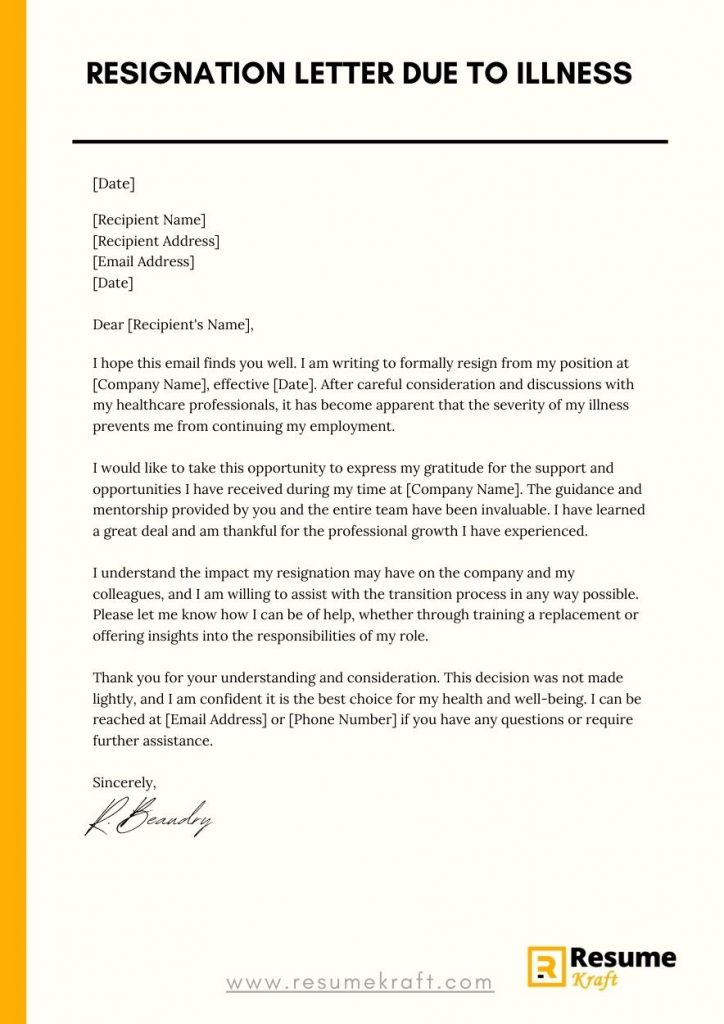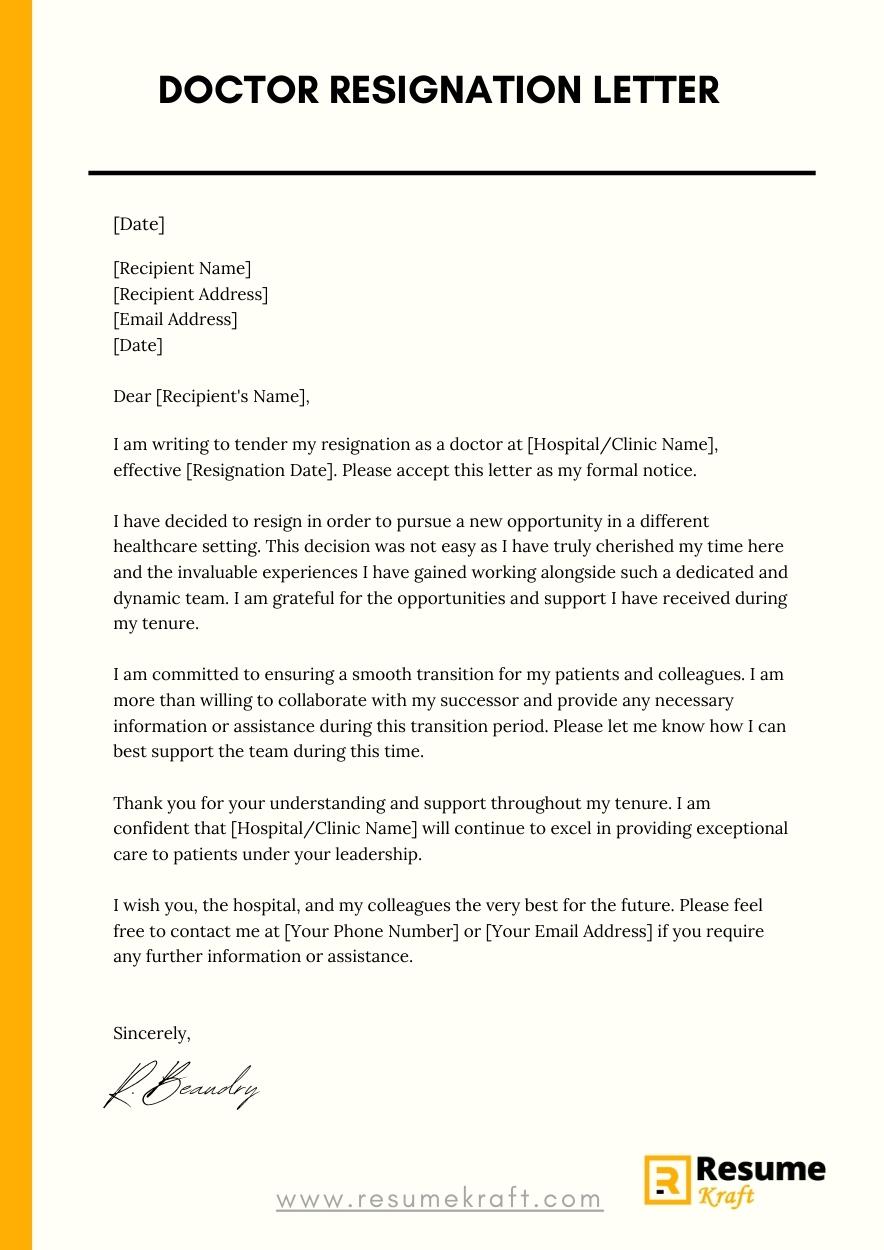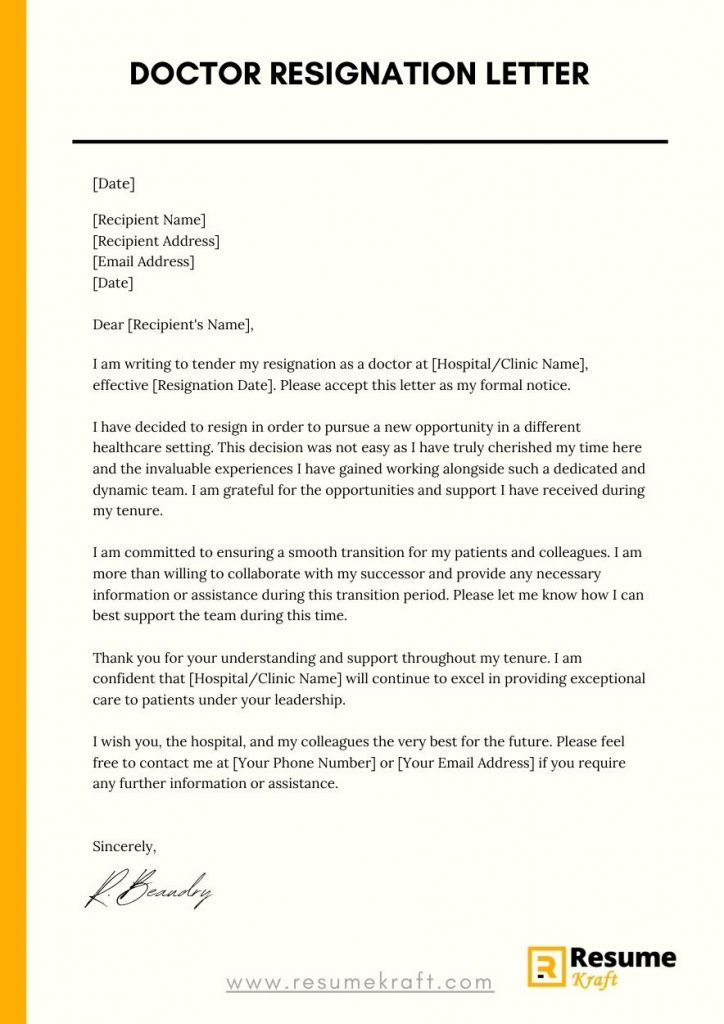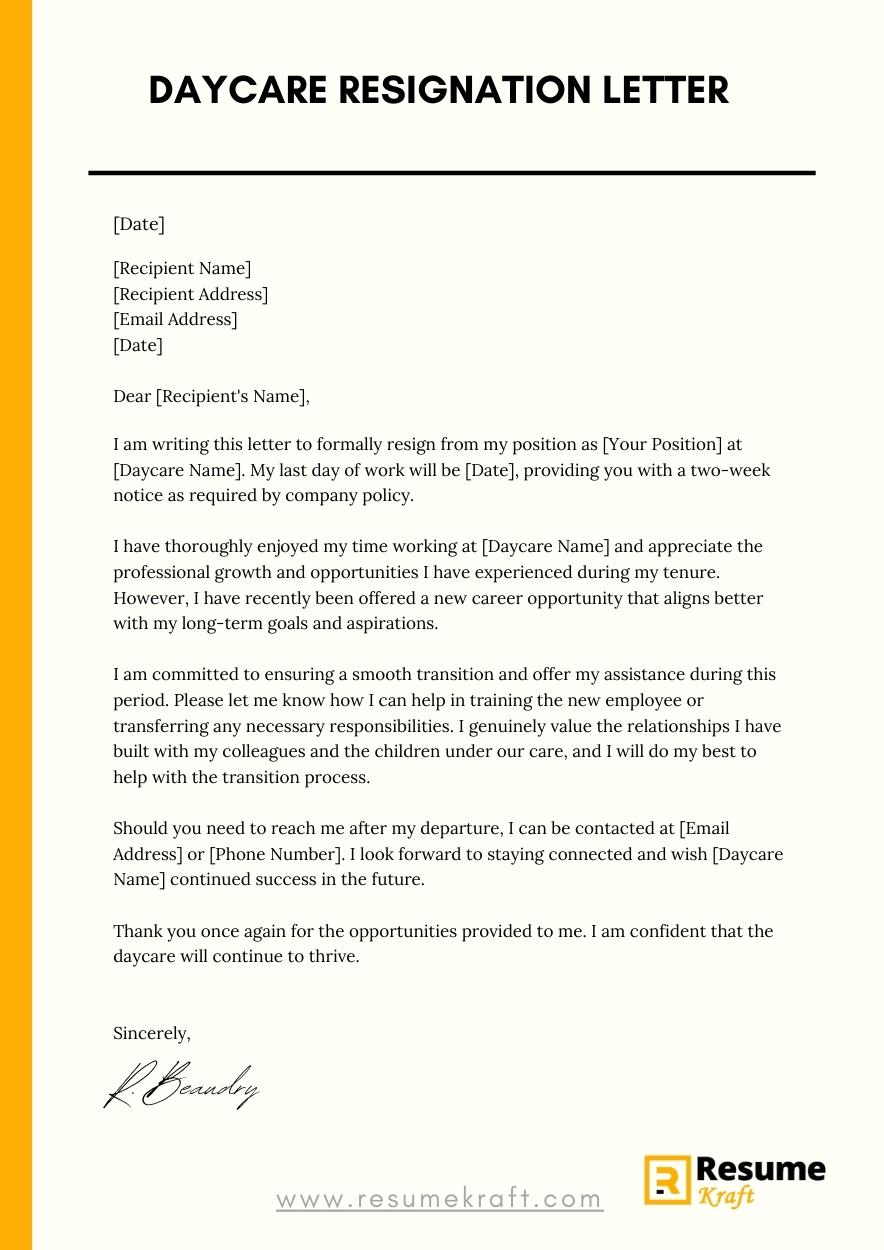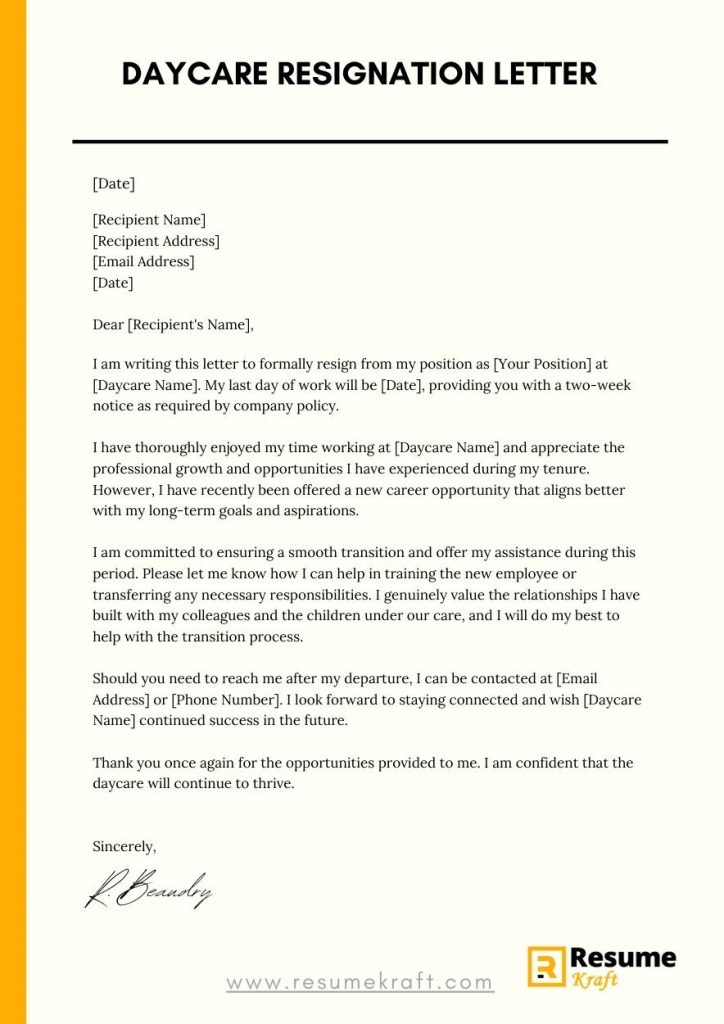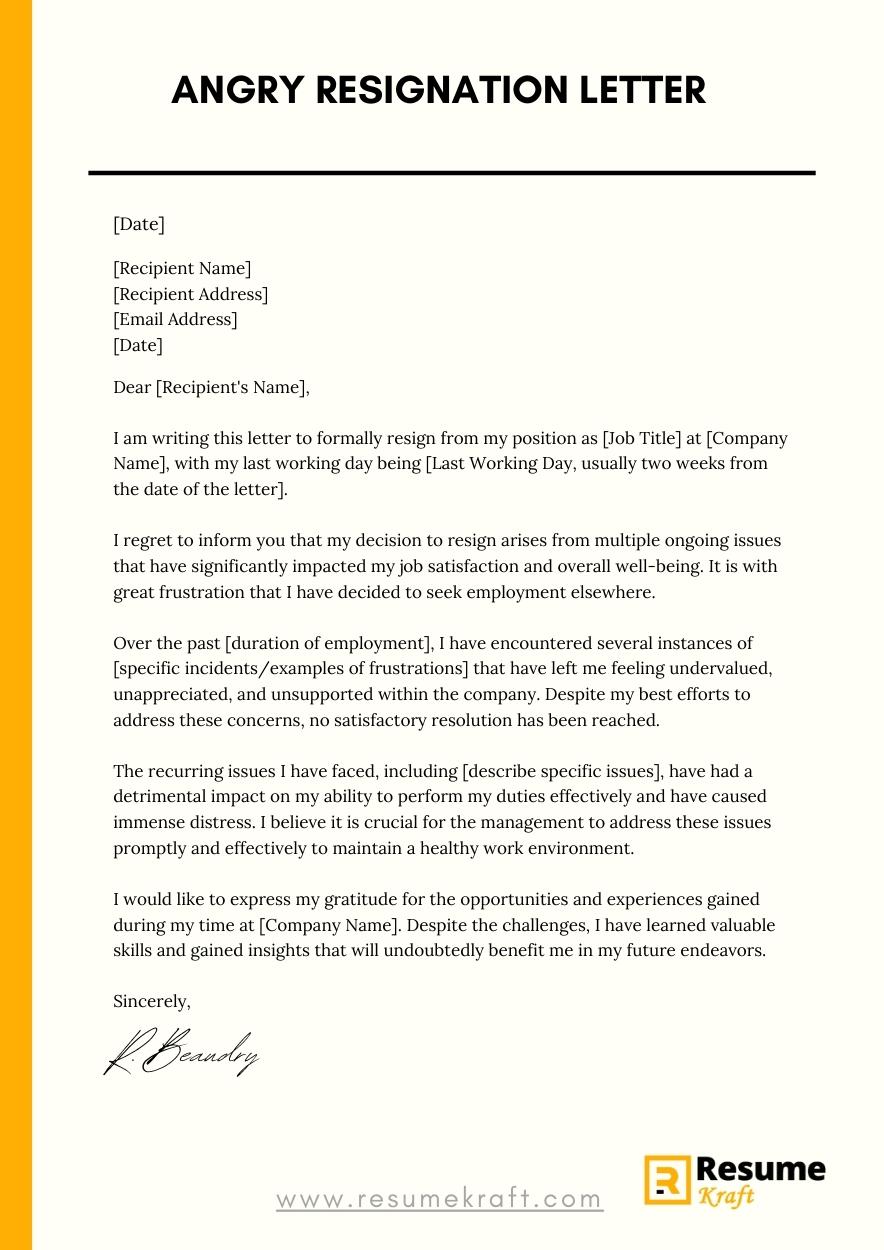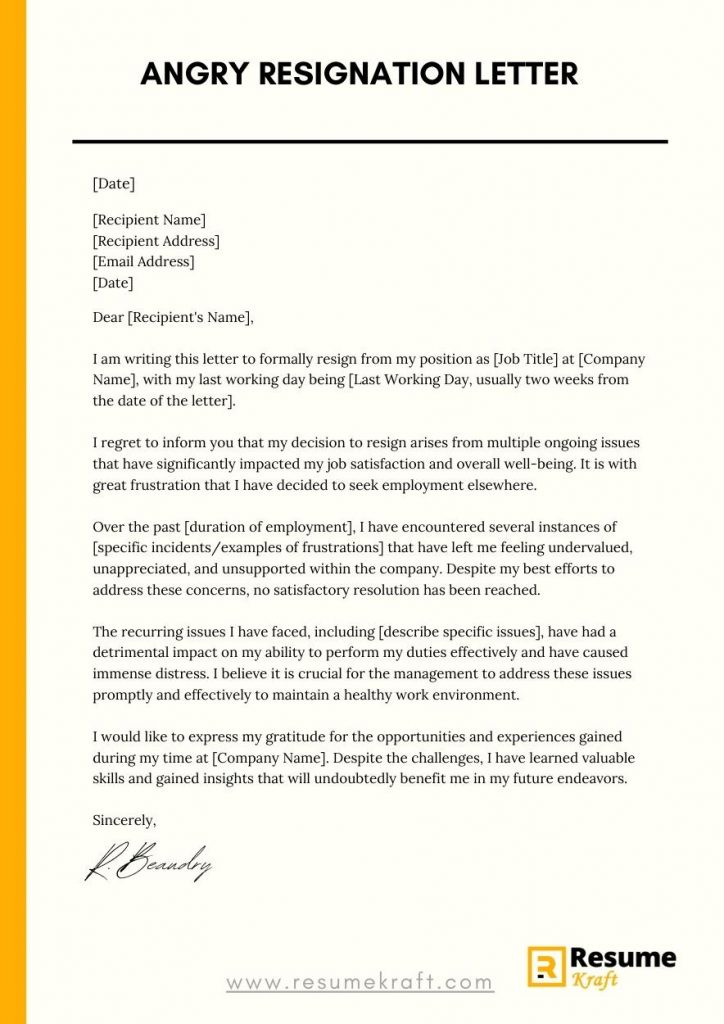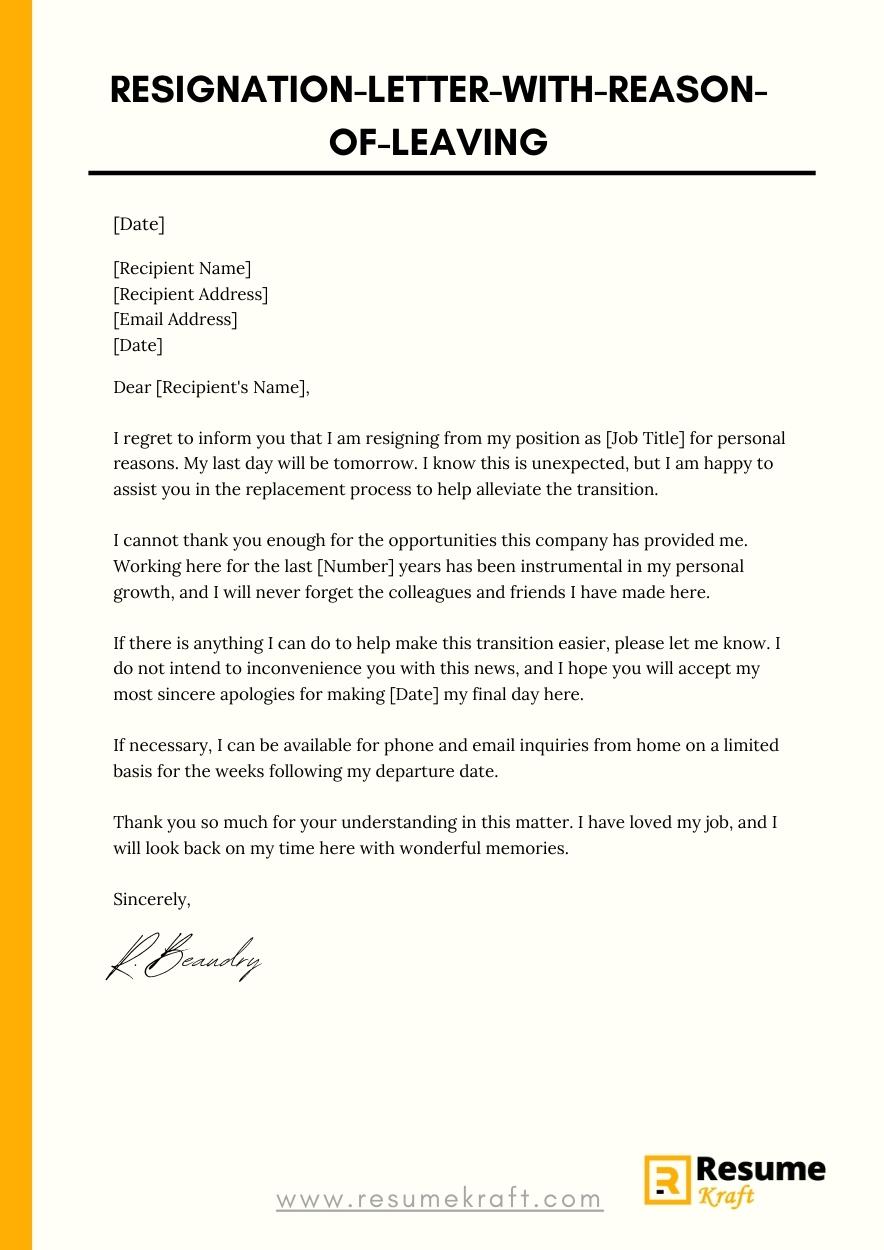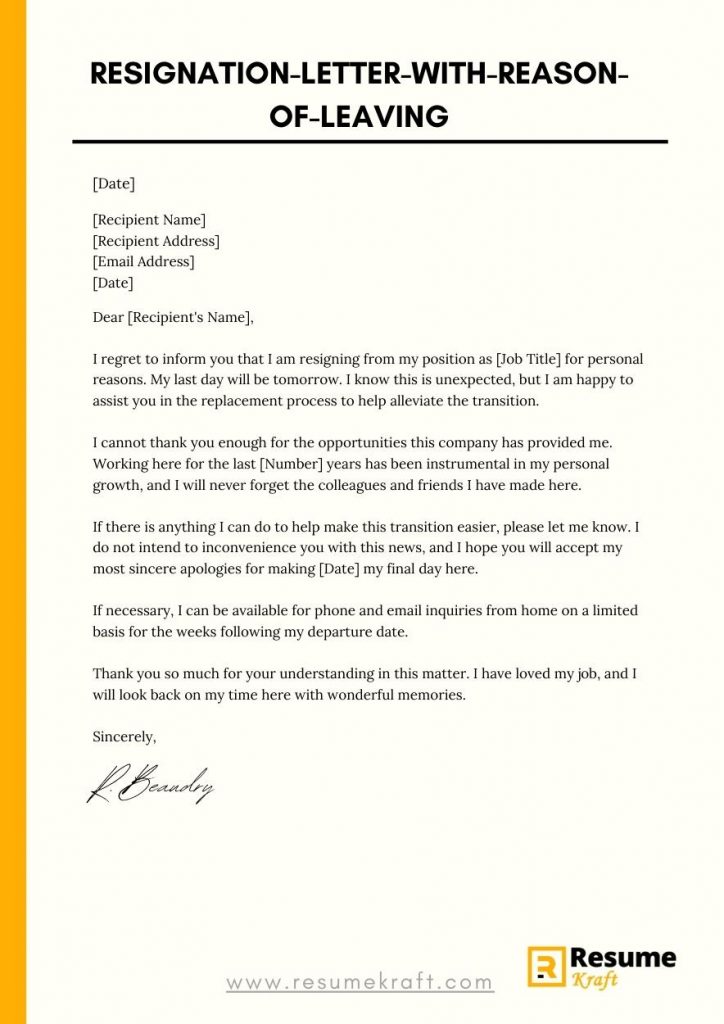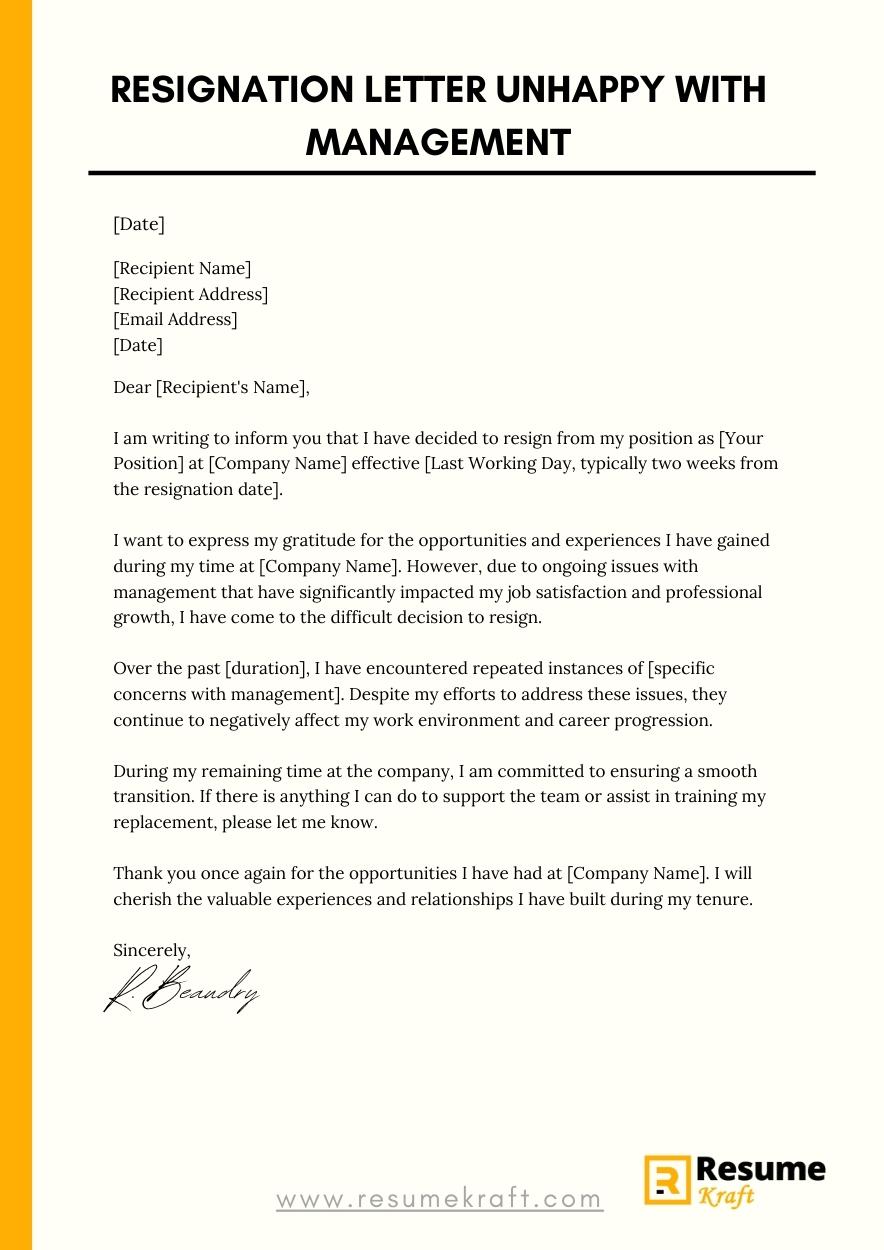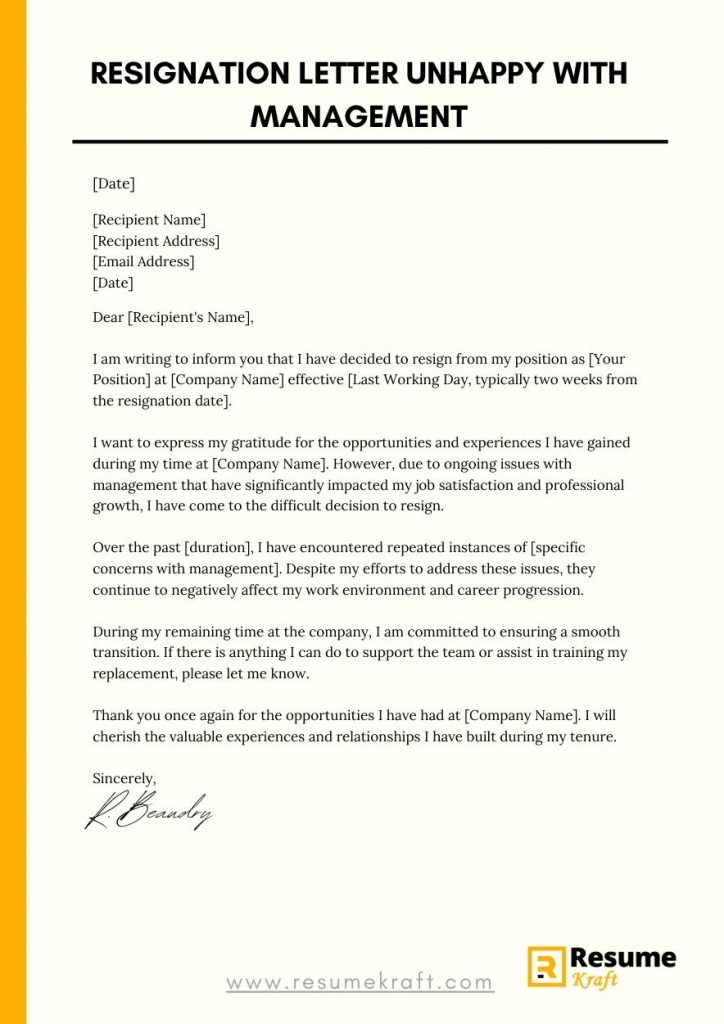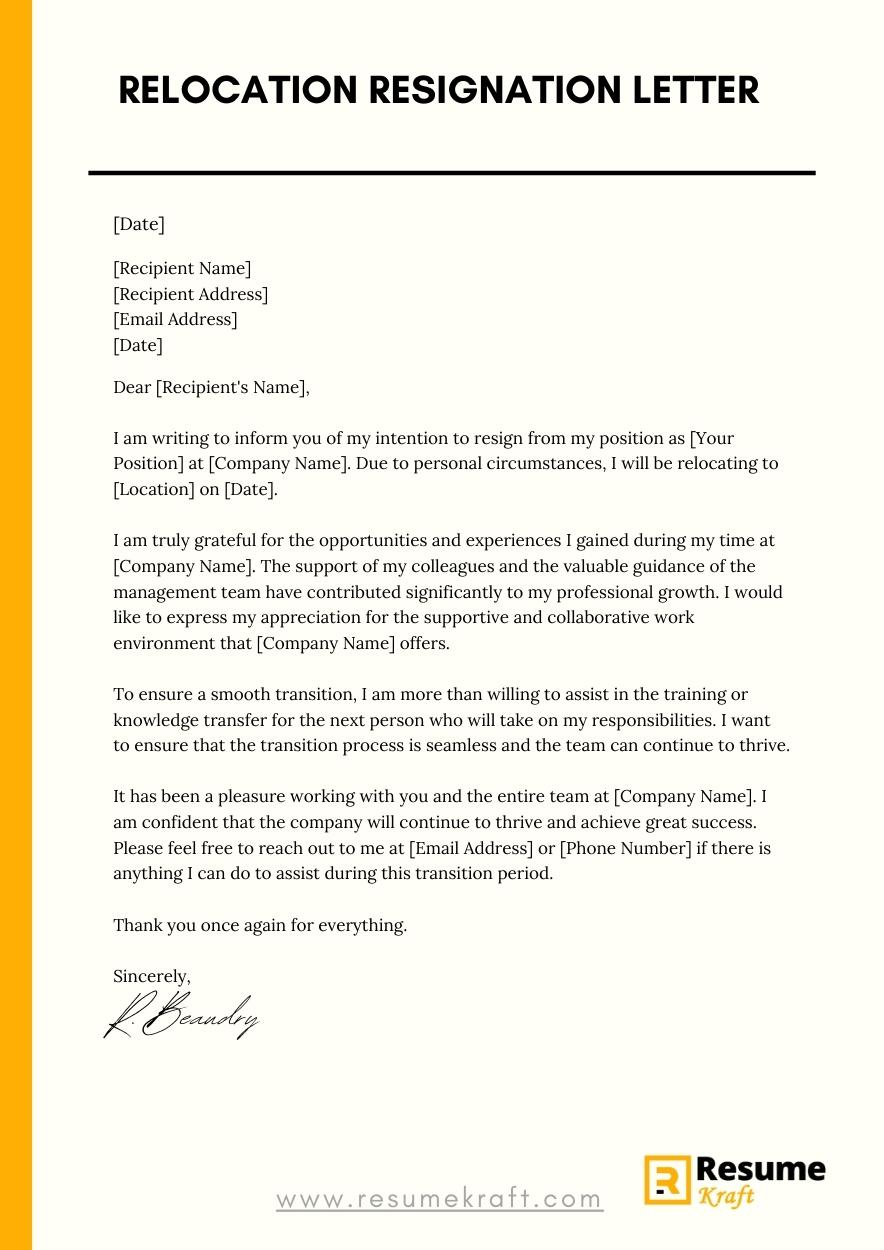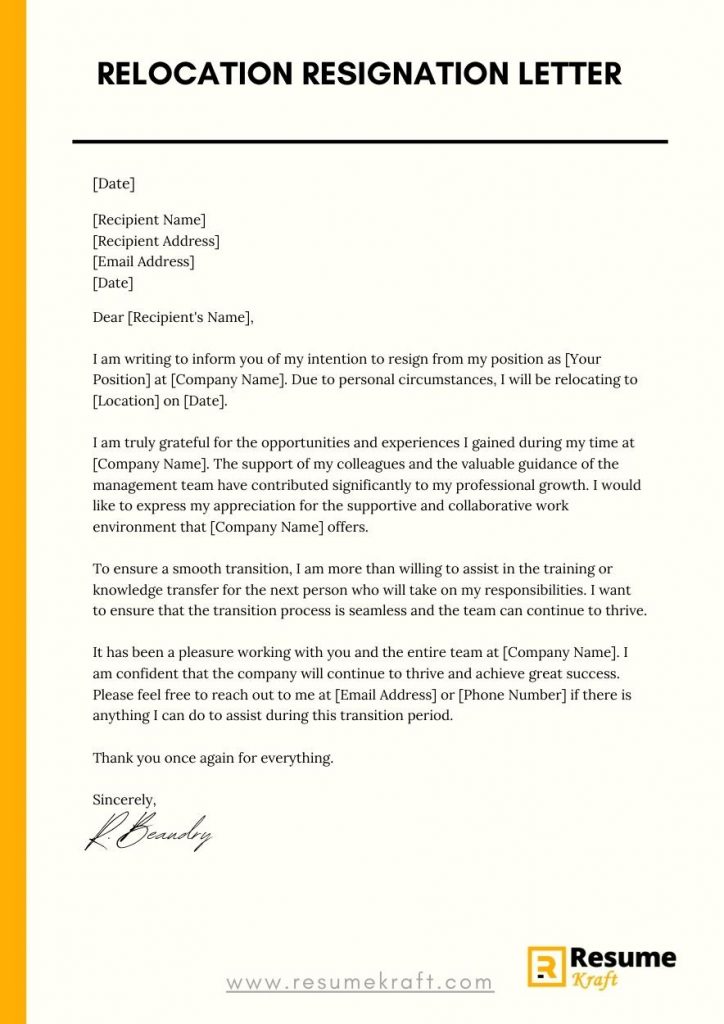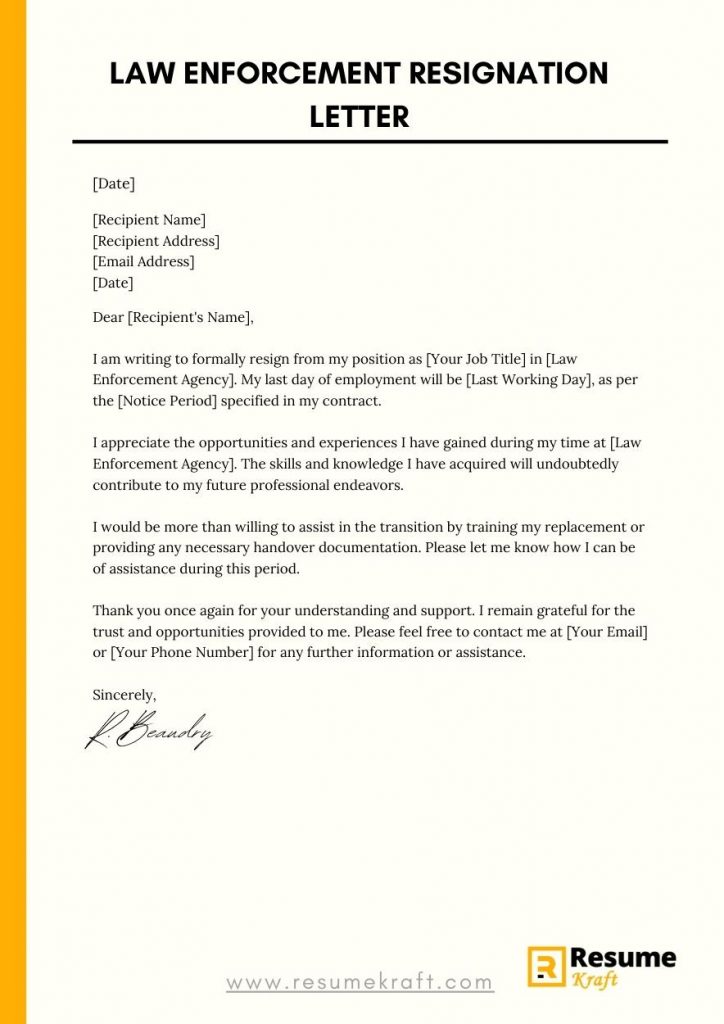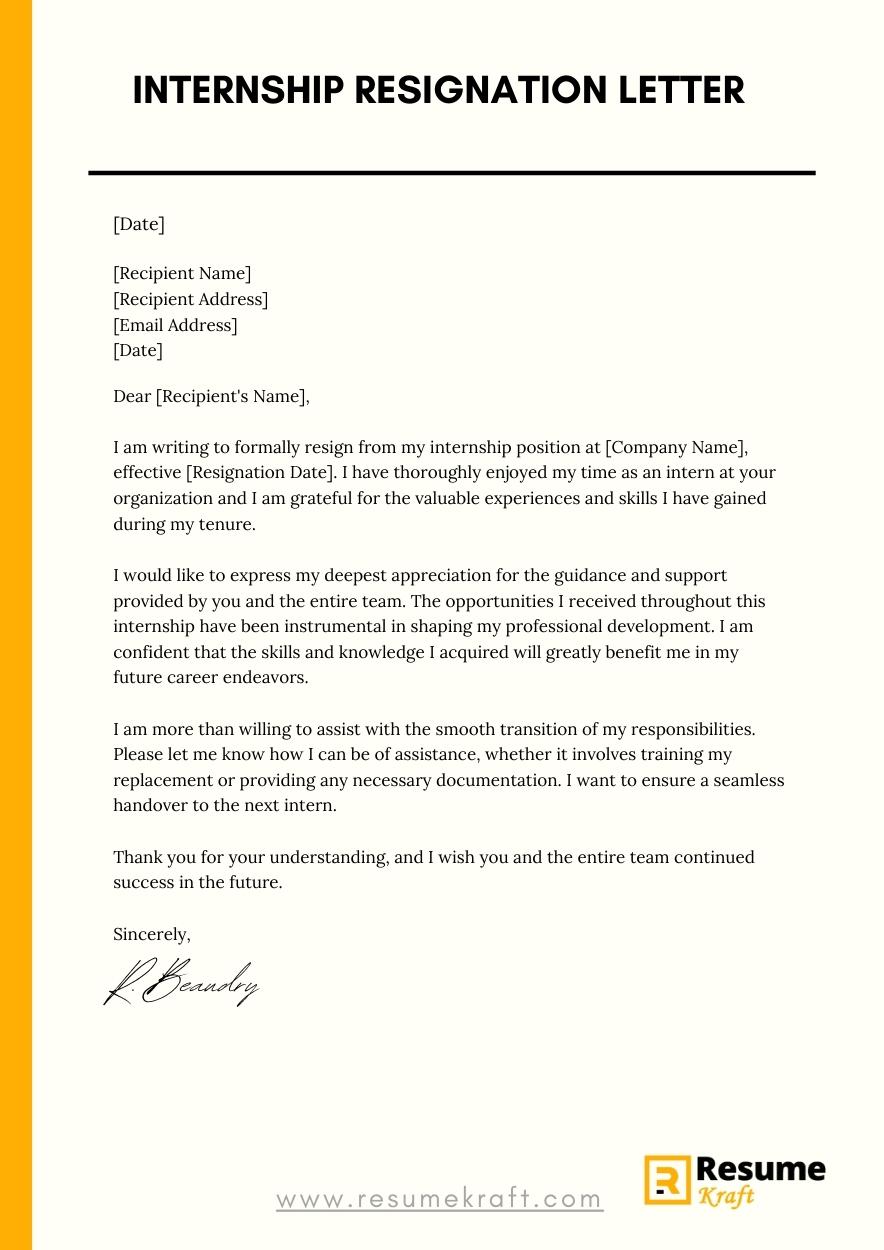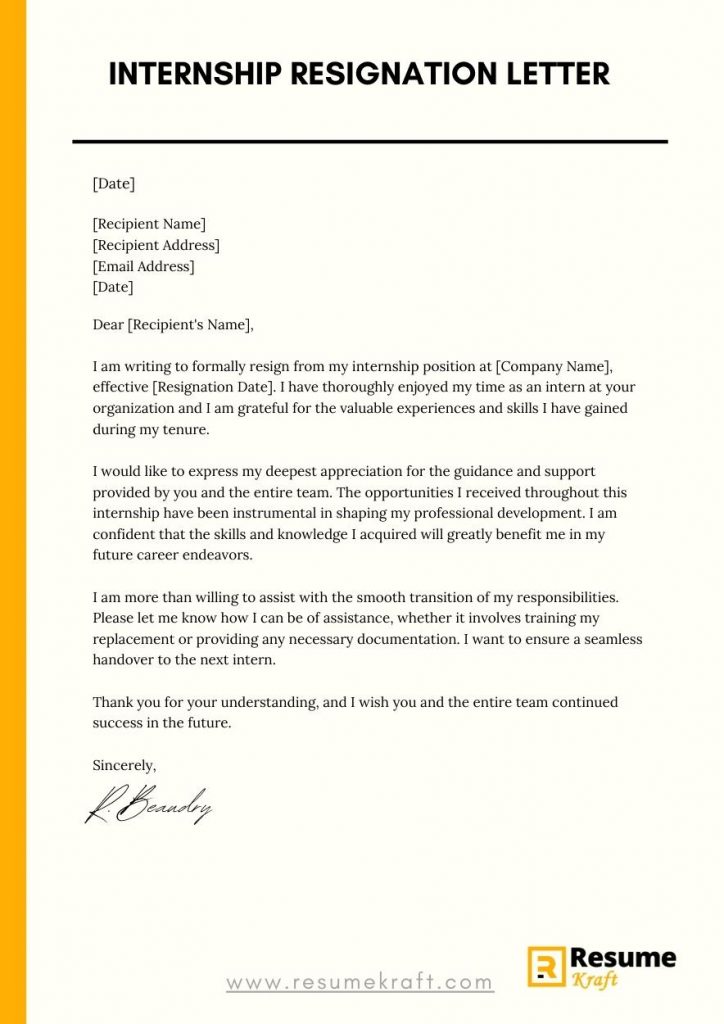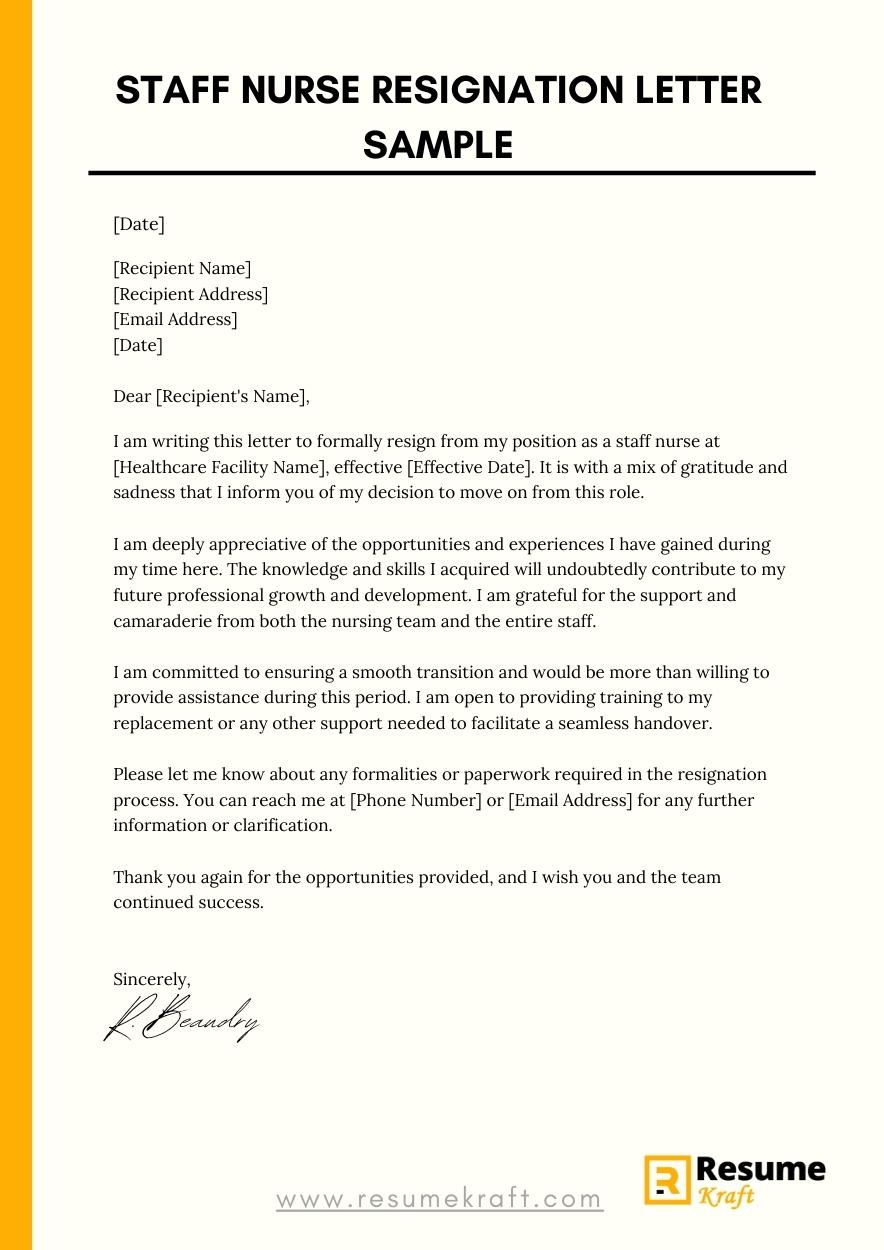
Staff Nurse Resignation Letter Samples: Writing Guide
Are you a staff nurse considering leaving your current position? Writing a well-crafted resignation letter is a crucial step in this process. In our comprehensive guide, we provide step-by-step instructions on how to write a professional staff nurse resignation letter. Learn what to include, what to avoid, and how to format your letter to resign gracefully. Plus, we provide samples of both printed and email resignation letters to assist you in crafting your own. Resign with confidence and maintain positive relationships with our expert guidance.
What To Include in a Staff Nurse Resignation Letter
When writing your staff nurse resignation letter, it is important to include the following key elements:
- Date: Begin the letter by including the current date at the top.
- Recipient Information: Address the letter to your immediate supervisor or the appropriate person in the human resources department.
- Subject Line: Clearly state the purpose of the letter by including a subject line such as “Resignation Letter” or “Notice of Resignation.”
- Statement of Intent: Clearly state your intention to resign from your position as a staff nurse.
- Effective Date: Mention the date of your last working day, ensuring you provide the required notice period as per your employment contract.
- Reason (Optional): While not mandatory, you may choose to include a brief and professional reason for your resignation. However, it’s important to avoid negative or critical remarks.
- Gratitude: Express your gratitude for the opportunities and experiences you have gained while being a part of the organization and working as a staff nurse.
- Transitional Assistance: Offer to assist in the transition period by training or mentoring your replacement to ensure a smooth handover.
- Contact Information: Include your contact details in case any follow-up is required from the organization.
- Closing: Close the letter with a professional sign-off, such as “Sincerely” or “Best regards,” followed by your printed name and signature.
What Not to Include in Your Staff Nurse Resignation Letter
While writing your staff nurse resignation letter, it is essential to avoid including any negative or inappropriate information. Here are a few things you should refrain from including:
- Negative Remarks: Avoid making negative comments about the organization, colleagues, or superiors. Maintain a professional and positive tone throughout the letter.
- Excessive Detail: Keep the letter concise and to the point. Avoid including unnecessary details or sharing excessive personal information.
- Emotional Language: While it’s natural to have mixed emotions when resigning, it is important to maintain a professional tone and refrain from using overly emotional language.
- Unprofessional Criticism: Avoid criticizing specific individuals or policies within the organization. Maintain a diplomatic approach, focusing on the positive aspects of your experience.
How To Format a Staff Nurse Resignation Letter
To ensure your staff nurse resignation letter appears professional and well-structured, follow these formatting guidelines:
- Use a Formal Tone: Maintain a professional tone throughout the letter. Keep sentences clear, concise, and respectful.
- Use a Professional Font: Use a standard, easy-to-read font such as Arial or Times New Roman, in a 12-point size.
- Include Contact Information: Add your contact information, including your phone number and email address, below your printed name and signature.
- Proofread and Edit: Before sending the letter, thoroughly review it for any grammar or spelling errors. Make sure the letter is error-free and portrays a professional image.
Staff Nurse Resignation Letter Samples
To provide you with a better understanding, here are two sample letters – one for a printed resignation letter and one for an email resignation letter.
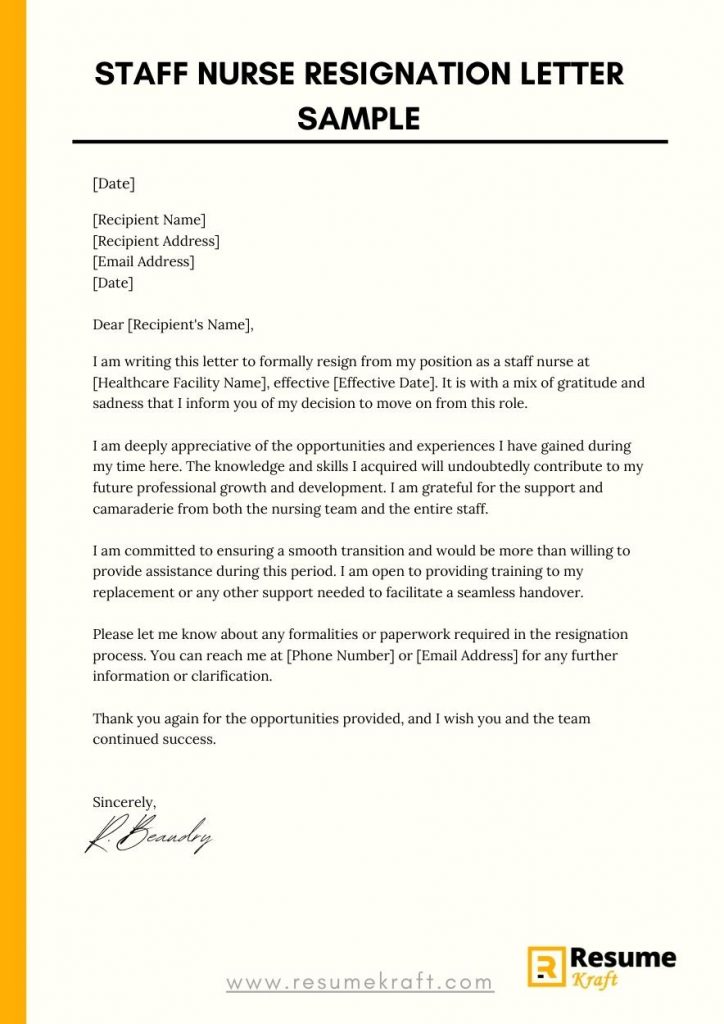
Printed Resignation Letter Sample
[Your Name]
[Your Address]
[City, State, ZIP]
[Email Address]
[Phone Number]
[Date]
[Recipient’s Name]
[Recipient’s Position]
[Healthcare Facility Name]
[Facility Address]
[City, State, ZIP]
Subject: Resignation Letter
Dear [Recipient’s Name],
I am writing this letter to formally resign from my position as a staff nurse at [Healthcare Facility Name], effective [Effective Date]. It is with a mix of gratitude and sadness that I inform you of my decision to move on from this role.
I am deeply appreciative of the opportunities and experiences I have gained during my time here. The knowledge and skills I acquired will undoubtedly contribute to my future professional growth and development. I am grateful for the support and camaraderie from both the nursing team and the entire staff.
I am committed to ensuring a smooth transition and would be more than willing to provide assistance during this period. I am open to providing training to my replacement or any other support needed to facilitate a seamless handover.
Please let me know about any formalities or paperwork required in the resignation process. You can reach me at [Phone Number] or [Email Address] for any further information or clarification.
Thank you again for the opportunities provided, and I wish you and the team continued success.
Sincerely,
[Your Printed Name]
Email Resignation Letter Example
Subject: Resignation Letter
Dear [Recipient’s Name],
I hope this email finds you well. I am writing to inform you that I will be resigning from my position as a staff nurse at [Healthcare Facility Name], effective [Effective Date].
I am truly appreciative of the experiences and growth opportunities that have come with being part of the organization. The support and collaboration from the nursing team and the entire staff have been invaluable to me.
I am committed to ensuring a smooth transition and would be happy to provide any assistance necessary during this period. Whether it is training my replacement or assisting with any handover tasks, I am dedicated to facilitating a seamless transition.
If there is any documentation or process I need to follow for the resignation, kindly let me know. I can be reached at [Phone Number] or [Email Address] for any further communication or if you require additional information.
Thank you for the understanding and support. I extend my best wishes to you and the entire team.
Best regards,
[Your Name]
Key Takeaways
- When writing a staff nurse resignation letter, include essential details such as the date, recipient information, subject line, intention to resign, effective date, gratitude, transitional assistance offer, and contact information.
- Avoid including negative remarks, excessive detail, emotional language, or unprofessional criticism in your resignation letter.
- Format your resignation letter using a professional font, proofread and edit for any errors, and maintain a formal tone throughout the letter.
Frequently Asked Questions
1. Can I resign from my staff nurse position verbally?
While it is recommended to submit a written resignation letter to maintain a formal record, it is advisable to inform your immediate supervisor or the appropriate authority verbally first, followed by submitting a written resignation letter.
2. How much notice should I give when resigning as a staff nurse?
The notice period may vary depending on your employment contract or the regulations in your specific healthcare facility. Typically, a notice period of two to four weeks is considered standard.
3. Should I include my reason for resigning in the letter?
Including a reason for resigning is optional. If you choose to include it, keep it brief and professional without criticizing anyone or anything related to the organization.
4. Should I sign a printed resignation letter?
Yes, it is important to sign a printed resignation letter to provide a formal acknowledgment of your intent to resign and maintain a professional approach.
5. Is it necessary to offer transitional assistance in the resignation letter?
While not mandatory, offering to provide transitional assistance, such as training or mentoring your replacement, demonstrates professionalism and commitment to ensuring a smooth transition within the organization.
6. Can I submit my staff nurse resignation letter via email?
Yes, you can submit your resignation letter via email. However, it is recommended to follow up with a printed copy for record-keeping purposes.
7. Is it necessary to mention the notice period in my resignation letter?
Yes, it is essential to mention the effective date of your resignation, which should comply with the notice period stated in your employment contract or as per the standards of your healthcare facility.
8. Should I address my resignation letter to my immediate supervisor or the human resources department?
Ideally, address your resignation letter to your immediate supervisor. However, if there are specific guidelines provided by your organization, ensure you direct the letter to the appropriate person or department.
9. How should I handle a counteroffer from my employer after submitting the resignation letter?
Handling a counteroffer is a personal decision. Evaluate your reasons for resigning and weigh them against any counteroffer received. Consider the long-term implications and make a decision that aligns with your career goals and priorities.
10. Should I include a thank you note in my resignation letter?
Yes, expressing gratitude for the opportunities and experiences gained during your tenure as a staff nurse is a professional gesture. It leaves a positive impression and helps maintain good relations with your employer and colleagues.
Conclusion
Writing a well-crafted staff nurse resignation letter is an important step in resigning from your position professionally. By following the guidelines and samples provided in this guide, you will be able to resign with tact and maintain positive relationships within your healthcare facility. Remember to always be polite, professional, and grateful for the opportunities gained during your time as a staff nurse.

